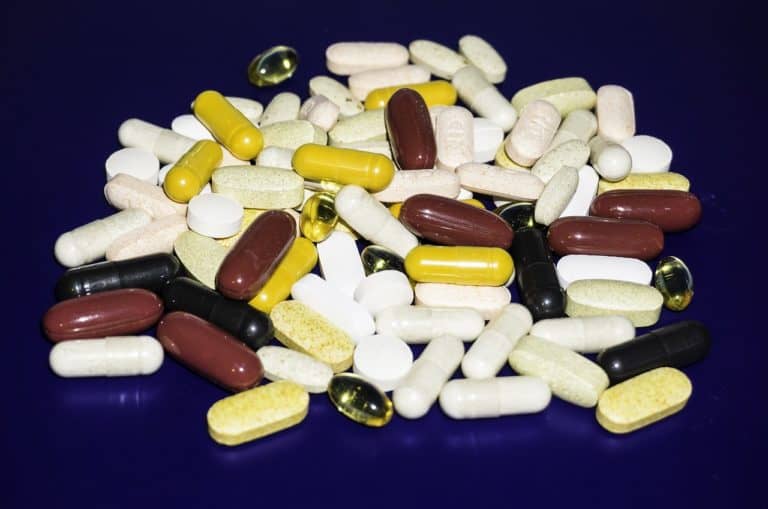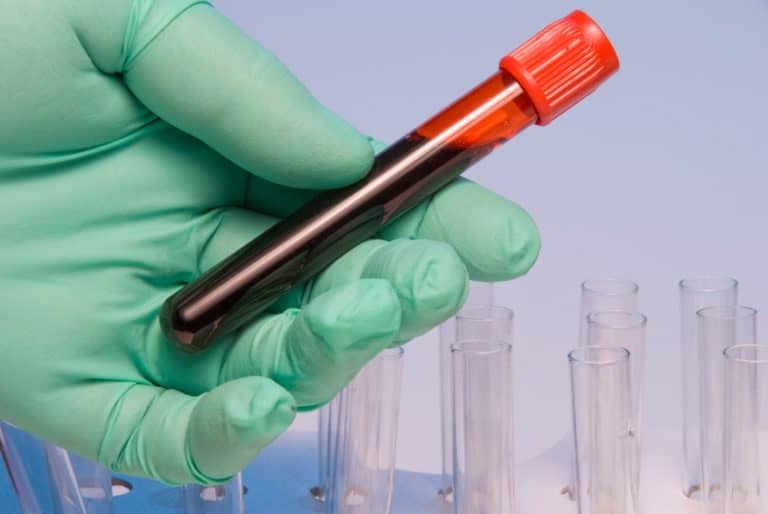How much coffee is really good for you? Despite the popularity of coffee and the thousands of articles written on the topic, there is still some debate about the pros and cons of drinking coffee, including quantity and the ages at which it may be most beneficial. A recent 10-year study explored the latter scenario, and the authors reported that people who drank four cups of coffee daily had a 64 percent reduced risk of dying from any cause, and this was especially true for individuals older than 45.
In fact, the study found that people who were age 45 and older lowered their risk of dying by 30 percent for every two cups of coffee they drank per day. This benefit and association was not observed among younger adults.
What did the coffee study authors find?
The study started in 1999 and included approximately 20,000 individuals who lived in the Mediterranean area. All of the participants completed a food frequency questionnaire that asked questions about coffee consumption, sociodemographic characteristics, physical traits, previous health conditions, and lifestyle. Follow-up was for an average of one decade.
Briefly, here’s what the authors found
- A 64 percent lower mortality risk among participants who consumed at least four cups of coffee daily when compared with those who did not ever drink coffee
- An additional 22 percent decreased risk of dying from all causes among people who drank six cups daily
- Participants who were at least 45 when the study began showed a 30 percent lower risk of dying within the next decade for every two cups of coffee consumed per day
- Among participants younger than 45, the authors did not see any significant impact on reducing or increasing mortality
- The study’s lead author, cardiologist Dr. Adela Navarro, noted that their findings held the most benefit for healthy individuals.
Other coffee studies and mortality
Scores of studies exist on the health pros and cons of drinking coffee, including its impact on mortality. In 2017, for example, the results of a study that looked at a wide range of ethnic populations in the United States found that higher coffee consumption was associated with a lower risk of dying for all groups (i.e., Latinos, African-Americans, Japanese-Americans, Caucasians, and Native Hawaiians) except the latter group.
Another 2017 study involved more than 521,000 people from 10 European countries. Investigators found that individuals who drank more coffee had a 7 to 12 percent lower risk of dying prematurely from various causes, including stroke, digestive disease, and heart-related conditions. Both caffeinated and decaffeinated coffee was evaluated.
What are some health benefits of coffee?
So what are some of the great health benefits of coffee that may be contributing to a lower risk of dying?
- Coffee has anti-inflammatory properties as it contains phytonutrients and other compounds that fight inflammation. This is especially important for helping prevent many serious diseases, including heart disease, digestive disorders, Alzheimer’s disease, certain cancers, arthritis, and more
- Coffee helps with weight loss. Dark roast coffee, as compared with light or medium roasts, seems to be more effective as helping with weight loss, according to at least one study. Coffee also boosts metabolism, which can help burn fat.
- Coffee can improve brain function. Coffee blocks the neurotransmitter adenosine, which in turn enhances other neurotransmitters, resulting in a boost in the firing of brain cells (neurons). This can lead to an improvement in cognitive functioning and memory.
- Coffee can improve physical performance by increasing levels of adrenaline, enhancing stamina during exercise, and turning fat into fuel.
- Coffee can lower your risk of type 2 diabetes, which affects about 300 million people around the world, and Parkinson’s disease, a debilitating neurological condition. Some research indicates coffee can reduce the risk of developing Parkinson’s by up to 60 percent.
- Coffee can reduce your risk of prostate cancer.
Coffee is rich in antioxidants that can help fight a variety of diseases, including heart disease, stroke, liver disease, some cancers (including prostate cancer), and depression
Bottom line on drinking coffee
When it comes to drinking coffee, it’s not everyone’s cup of tea, per se. Some people don’t like the taste, others experience symptoms such as heart palpitations, headache, or indigestion when drinking java, while still others simply prefer other beverages. However, if you are among the hundreds of millions of coffee drinkers in the world, here are a few tips.
- Drink organic shade-grown coffee only. This is especially important if you drink a lot of coffee, since conventionally grown coffee is heavily treated with pesticides. In addition, coffee grown in the shade (and coffee is a shade-loving plant) means the farmers have preserved the environment on the coffee plantation for the trees, plants, and animals in the region, which is a much more sustainable approach.
- Avoid using artificial coffee creamers. They are completely unnatural and full of preservatives.
- If you want sweetened coffee, use stevia or cinnamon
References
Gunter MJ et al. Coffee drinking and mortality in 10 European countries: a multinational cohort study. Annals of Internal Medicine 2017; 167(4): 236-47
Huxley R et al. Coffee, decaffeinated coffee, and tea consumption in relation to incident type 2 diabetes mellitus. A systematic review with meta-analysis. Archives of Internal Medicine 2009; 169(22): 2053-63
Kevin J Acheson KJ et al. Metabolic effects of caffeine in humans: lipid oxidation or futile cycling? American Journal of Clinical Nutrition 2004; 79:40-46
Kotyczka C et al. Dark roast coffee is more effective than light roast coffee in reducing body weight, and in restoring red blood cell vitamin E and glutathione concentrations in healthy volunteers. Molecular Nutrition & Food Research 2011 Oct; 55(10): 1582-86
Park S-Y et al. Association of coffee consumption with total and cause-specific mortality among nonwhite populations. Annals of Internal Medicine 2017;167(4):228-35.
Patwardhan RV et al. Effects of caffeine on plasma free fatty acids, urinary catecholamines, and drug binding. Clinical Pharmacology and Therapeutics 1980 Sep; 28(3): 398-403
Svilaas A et al. Intakes of antioxidants in coffee, wine, and vegetables are correlated with plasma carotenoids in humans. The Journal of Nutrition 2004 Mar 1; 134(3): 562-







